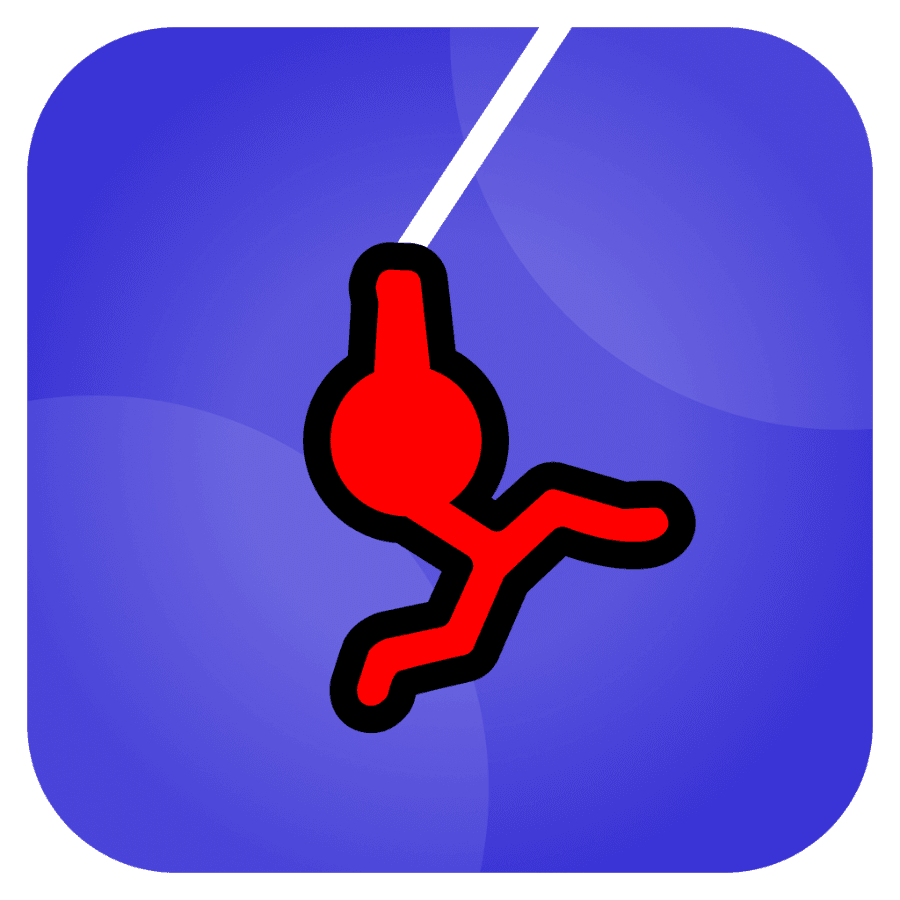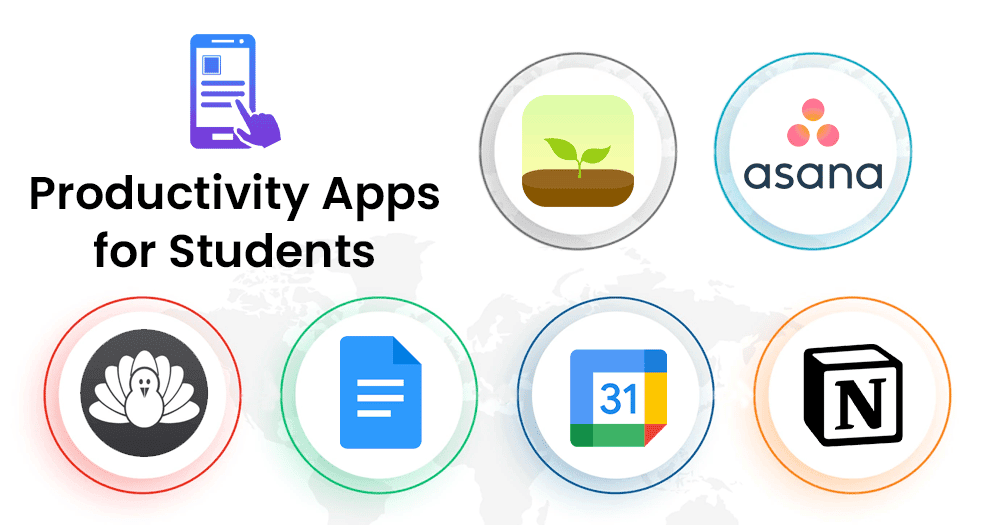

Let’s explore this topic in more detail with Stickman Hook below. In today’s fast-paced academic environment, students are constantly seeking ways to enhance their learning experience and boost productivity. With the proliferation of digital tools, there’s an app for almost every aspect of student life. Let’s learn more about this topic below with Stickman Hook, as we dive into the best study apps that every student should consider using to maximize their academic potential.
In the digital age, effective note-taking and organization are crucial for academic success. Gone are the days of scrambling through piles of paper notes or deciphering hastily scribbled lecture points. Modern note-taking apps have revolutionized the way students capture, organize, and review information.
One standout in this category is Evernote. This versatile app allows students to create notes in various formats, including text, images, audio, and even handwritten notes. Its powerful search function makes it easy to find specific information across all notes, regardless of the format. Evernote’s cross-platform compatibility ensures that students can access their notes from any device, be it a smartphone, tablet, or computer.
Another popular choice is OneNote, Microsoft’s offering in the note-taking space. OneNote excels in its integration with other Microsoft Office products, making it an excellent choice for students already using the Office suite. Its notebook-style organization system allows for easy categorization of notes by subject, class, or project.
For those who prefer a more minimalist approach, Bear is an excellent option for iOS users. Its clean interface and markdown support make it ideal for students who want a distraction-free writing environment. While it lacks some of the advanced features of Evernote or OneNote, its simplicity and elegant design have earned it a dedicated following.
Notion is another powerful tool that goes beyond simple note-taking. It combines notes, databases, kanban boards, wikis, and more into one flexible workspace. This makes it particularly useful for students managing complex projects or collaborating with classmates on group assignments.
When it comes to pricing, most of these apps offer free basic versions with limited features, while full functionality is available through paid subscriptions. Evernote and OneNote provide generous free tiers, while Bear and Notion require subscriptions for advanced features and cross-device syncing.
Read more: Free Meditation and Mindfulness Apps That Reduce Stress
Effective time management is a skill that every student must master to succeed in their academic pursuits. Fortunately, there are numerous apps designed to help students organize their time, set priorities, and stay focused on their goals.
Forest is an innovative app that combines productivity with environmental consciousness. It uses a unique approach to discourage phone use during study sessions. Users plant a virtual tree when they start a focused work session, and the tree grows as long as they don’t leave the app. If they exit the app before the set time, the tree dies. This gamification of focus time has proven effective for many students, and the app partners with real-tree-planting organizations, adding an eco-friendly aspect to productivity.
For those who prefer a more traditional approach to time management, Todoist is an excellent task management app. It allows students to create to-do lists, set due dates, prioritize tasks, and collaborate with others. Its clean interface and cross-platform availability make it easy to keep track of assignments, project deadlines, and personal tasks all in one place.
RescueTime is another valuable tool for students looking to understand and optimize their time usage. This app runs in the background on your devices, tracking the time spent on various applications and websites. It provides detailed reports on how you spend your time, helping you identify productivity bottlenecks and areas for improvement.
For students who struggle with procrastination, the Pomodoro Technique can be a game-changer. Apps like Focus To-Do implement this time management method, which involves working in focused 25-minute intervals followed by short breaks. This approach can help maintain concentration and prevent burnout during long study sessions.
When considering pricing, many of these apps offer free versions with basic functionality. Forest and Todoist have affordable premium versions that unlock additional features. RescueTime offers a free two-week trial, after which a subscription is required for continued use.
Memorization is an integral part of learning, especially when it comes to subjects that require the retention of large amounts of information. Flashcard apps have become increasingly popular among students as an efficient way to review and reinforce key concepts.
Anki stands out as one of the most powerful and flexible flashcard apps available. It uses spaced repetition algorithms to optimize review schedules, ensuring that users focus on the information they find most challenging. While Anki’s interface may not be the most user-friendly, its customization options and effectiveness in long-term retention make it a favorite among medical students and language learners.
Quizlet is another widely used flashcard app that offers a more intuitive and visually appealing interface. It allows students to create their own flashcard sets or choose from millions of user-generated sets covering a vast array of subjects. Quizlet’s gamified study modes, such as Match and Gravity, make reviewing information more engaging and fun.
For students who prefer a more structured approach to memory enhancement, Memrise combines flashcards with mnemonic techniques and spaced repetition. It’s particularly popular for language learning but can be used for any subject that requires memorization. Memrise’s use of images, audio, and memory tricks helps create stronger associations and improve recall.
StudyBlue is another comprehensive flashcard app that integrates with many popular learning management systems used by schools and universities. This integration allows students to easily create flashcards from their course materials and share them with classmates.
In terms of pricing, Anki is free for desktop and Android users, with a one-time purchase required for iOS. Quizlet, Memrise, and StudyBlue offer free basic versions with premium subscriptions available for advanced features and ad-free experiences.
Read more: Workout and Fitness Apps That Actually Deliver Results
For students engaged in research-intensive coursework or working on dissertations, managing sources and citations can be a daunting task. Fortunately, there are several apps designed to streamline the research process and ensure proper citation.
Zotero is a free, open-source reference management software that helps students collect, organize, cite, and share research sources. It integrates seamlessly with web browsers, allowing users to save sources with a single click. Zotero can generate citations and bibliographies in numerous styles, making it an invaluable tool for academic writing.
Mendeley is another popular reference management tool that combines reference organization with PDF annotation features. It also offers a social networking component, allowing researchers to connect and collaborate with others in their field. Mendeley’s desktop application syncs with its mobile app and web version, ensuring access to your research library from any device.
For students who primarily work with web-based sources, Pocket is an excellent tool for saving and organizing online articles. While not specifically designed for academic research, its tagging system and offline reading capabilities make it useful for preliminary research and literature reviews.
EasyBib is a straightforward citation generator that supports a wide range of citation styles. While it lacks the advanced features of Zotero or Mendeley, its simplicity makes it a good choice for students who need quick and accurate citations without the complexity of a full reference management system.
Most of these research tools offer free basic versions, with Zotero being completely free and open-source. Mendeley provides a free version with limited storage, while premium subscriptions unlock additional features and storage space. EasyBib offers a free version with limited citation styles, with a premium version available for more comprehensive citation support.
In conclusion, the digital age has brought forth a plethora of tools designed to enhance the learning experience and boost academic performance. From note-taking and organization to time management, memory enhancement, and research, there’s an app to support almost every aspect of student life. By carefully selecting and utilizing these apps, students can streamline their study processes, improve retention, and ultimately achieve better academic outcomes.
However, it’s important to remember that while these apps can be powerful aids, they are not substitutes for genuine engagement with the material and consistent effort. The most effective use of these tools comes when they are integrated into a well-rounded study strategy that includes active learning, regular review, and practical application of knowledge.
As technology continues to evolve, we can expect even more innovative apps to emerge, further transforming the educational landscape. Students who stay informed about these developments and are willing to experiment with new tools will be well-positioned to take advantage of the latest advancements in educational technology.
Ultimately, the best study app is the one that aligns with your learning style, meets your specific needs, and helps you achieve your academic goals. Don’t be afraid to try out different apps and combinations to find what works best for you. With the right set of tools and a commitment to learning, you’ll be well-equipped to tackle any academic challenge that comes your way.